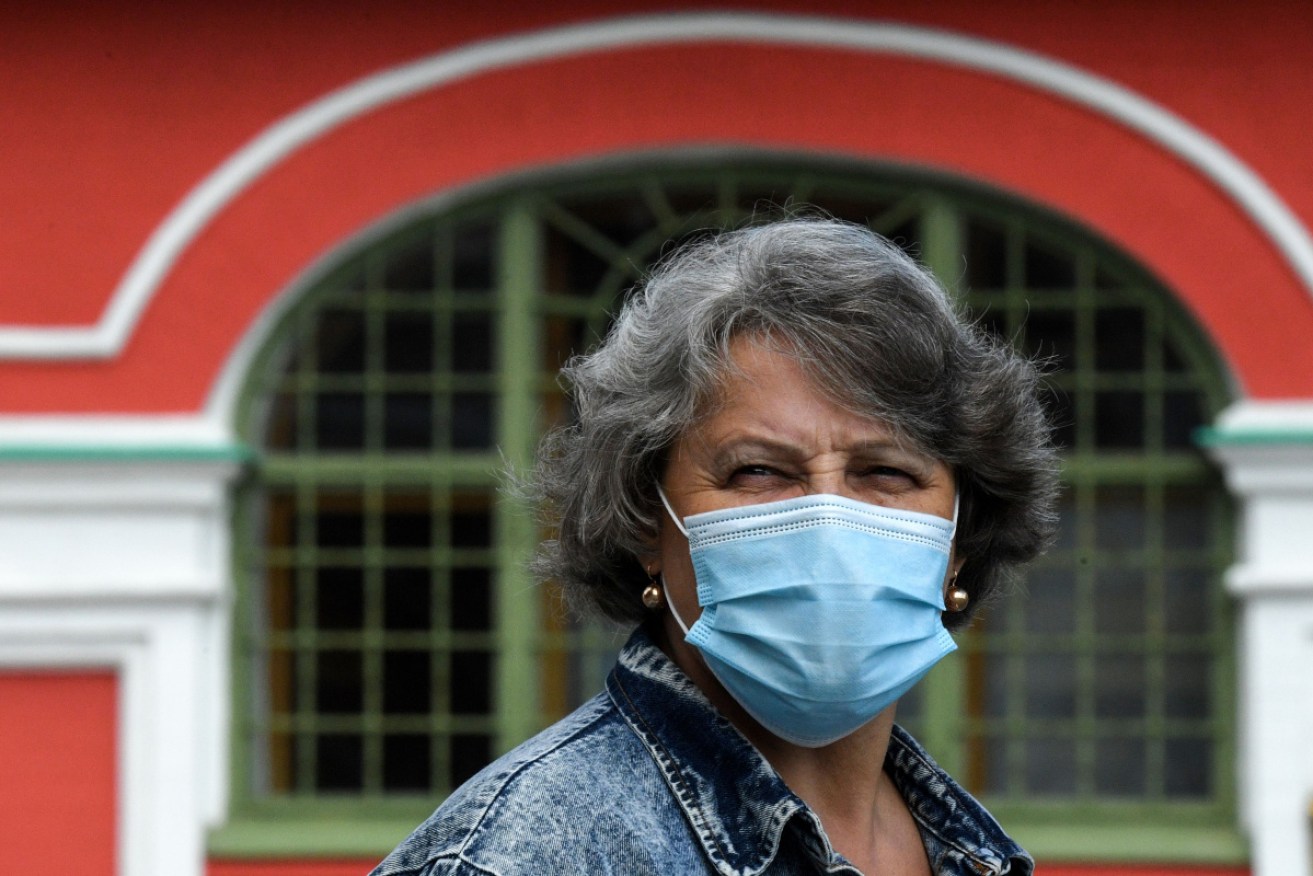Russia’s COVID-19 vaccine meets scepticism from teachers, doctors


Some Russian citizens aren't convinced their country's vaccine is effective. Photo: Getty
Russian teachers and health workers are refusing to be vaccinated with the country’s Sputnik-V coronavirus vaccine over safety fears.
Last month, Russia shocked the world by granting regulatory approval to a vaccine after less than two months of human testing.
Announcing the news on August 11, Russian President Vladimir Putin said the jab worked “quite effectively”, adding one of his daughters had taken it to prove it was safe.
But many citizens aren’t buying it – especially not teachers and doctors, who have been offered the vaccine first before crucial Phase 3 trials have finished.
According to CNN, a Russian teachers’ union, Uchitel has started an online petition calling on members to reject the vaccine on safety grounds.
The group added the vaccination – currently voluntary – should not be made mandatory unless clinical trials are complete.
It came after Russian classrooms reopened for the first time since March last week, on the same day the country’s coronavirus infections surpassed one million.
Teachers were meant to be among the first to benefit from Russia’s new coronavirus vaccine given their regular close contact with hundreds of children.
He said the race to develop a vaccine was being used as a “power play” by some countries, including Russia, to demonstrate global leadership in the fight against COVID-19.
“The entire world wants a vaccine,” Professor Kamradt-Scott told The New Daily.
“There is a lot of prestige associated with being able to claim to be the first horse out of the gate.”
Russia’s claim of victory at being the first to approve a coronavirus vaccine was initially met with widespread concern over its safety and effectiveness.
Developed by the Moscow-based Gamaleya Institute, the Sputnik-V vaccine was named after the 1957 launch of the world’s first satellite by the Soviet Union.
The vaccine’s namesake shows the move was undoubtedly political, Professor Kamradt-Scott said.
And if fears over the vaccine’s safety turn out to be true, it could have far-reaching implications.
“If it turns out to be ineffective or has a raft of adverse reactions or results in death, then it will do immeasurable damage to other vaccine efforts around the world,” he said.
Topics: Covid Vaccine








